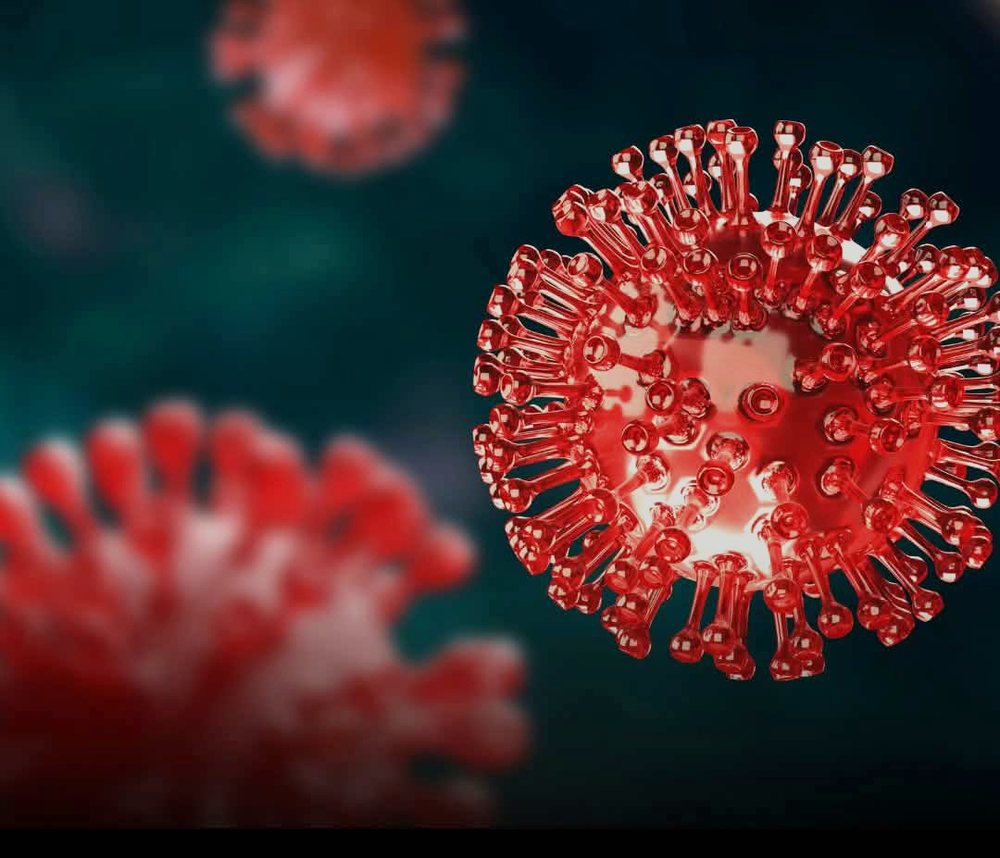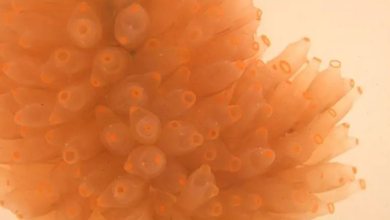
In a significant step forward in the search for an HIV vaccine, researchers have shown that an mRNA-based vaccine can successfully induce the immune system to produce potent antibodies against HIV in humans.
In a phase 1 study, 80% of participants who received a version of the vaccine with a membrane-bound HIV envelope protein developed "tier 2" neutralizing antibodies – a key benchmark in HIV vaccine development.
These vaccines are based on the mRNA technology used for COVID-19 vaccines, but are designed to present the virus's surface proteins in a more realistic way, potentially instructing the immune system to attack the right viral targets. The study also showed that this approach helped the body create B cells and helper T cells, laying the foundation for long-lasting immunity.
However, the study found an unexpected side effect: 6.5% of participants developed chronic urticaria, which necessitated long-term follow-up. Nevertheless, the results are promising enough to move this new vaccine platform into further trials, with the goal of creating broader protection. Unlike previous efforts that largely failed to produce protective antibodies, this strategy targets hard-to-reach regions of the virus that could block infection.
The results could speed up the development of an HIV vaccine, which has long faced difficulties due to the high mutation rate and difficult-to-catch nature of the virus.




















